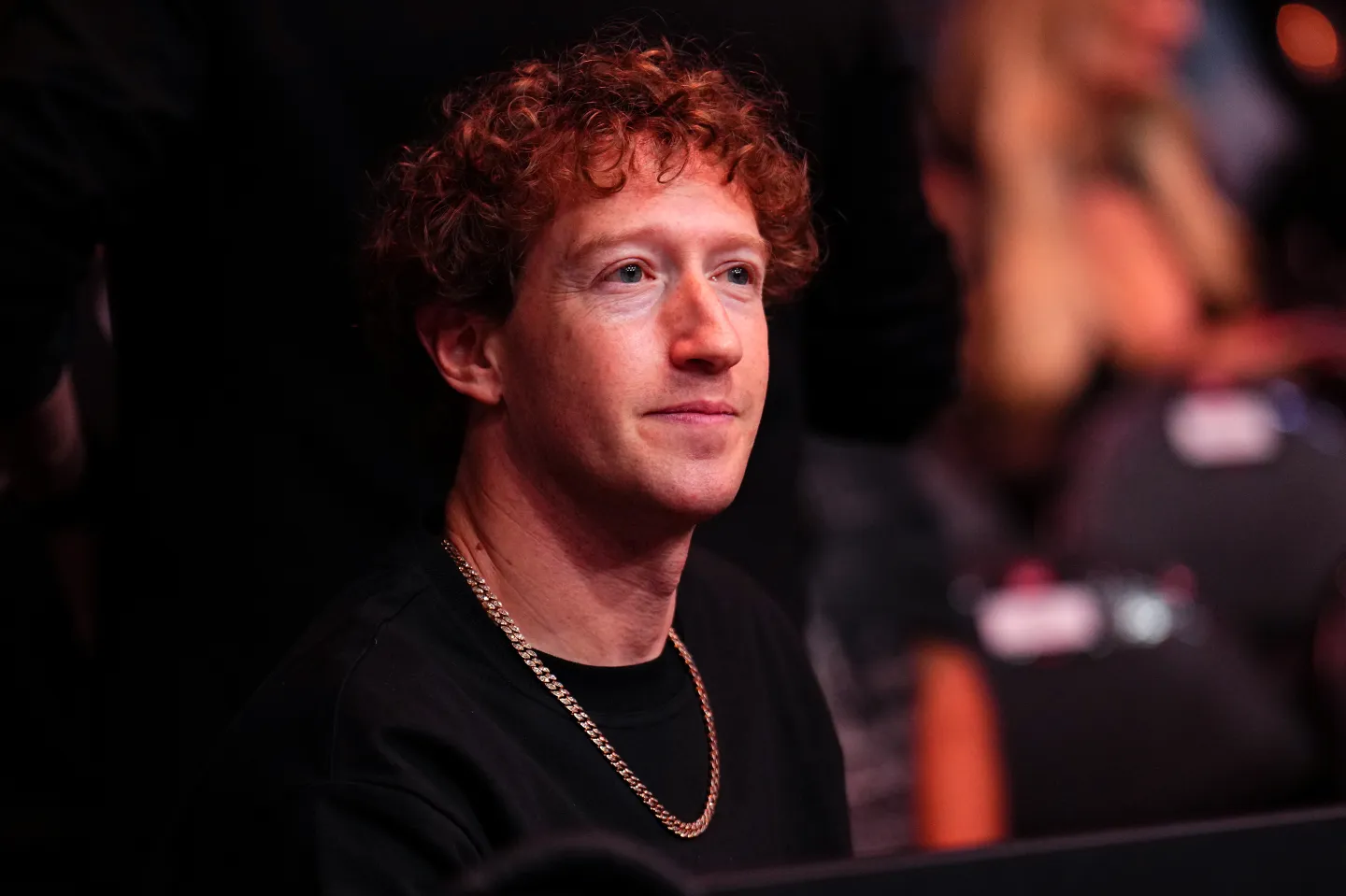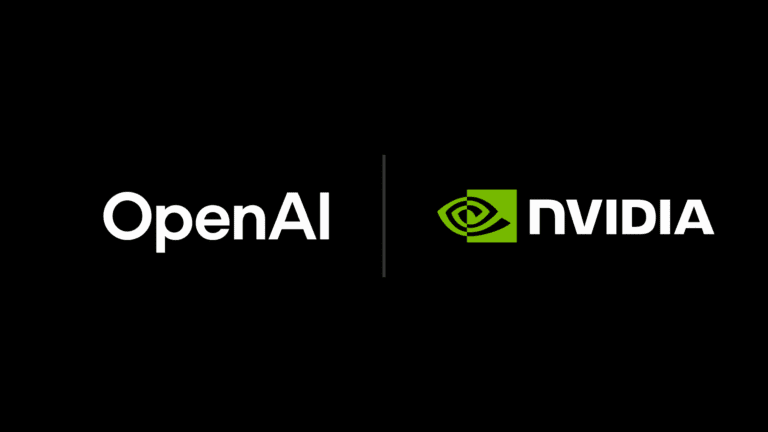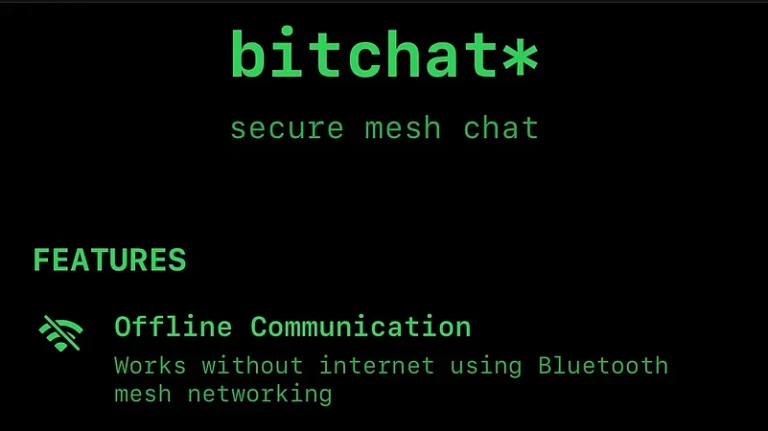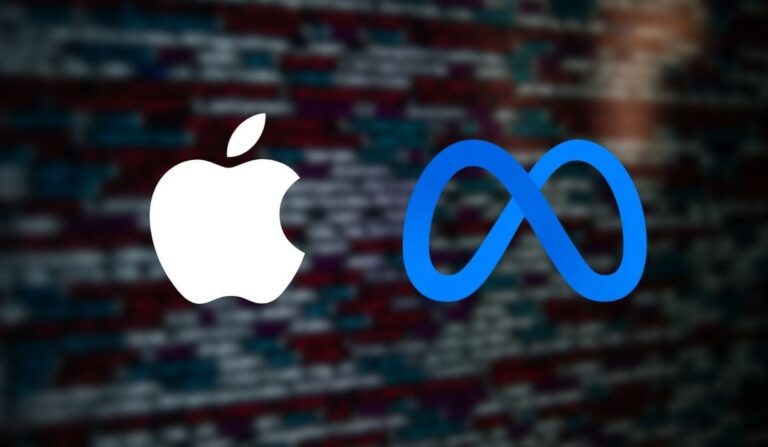
In the rapidly accelerating race for artificial intelligence supremacy, a new front has opened, and it’s being led by none other than Mark Zuckerberg. The CEO of Meta Platforms has embarked on an aggressive talent acquisition spree, signaling a profound shift in the company’s strategic focus. At the heart of this ambitious endeavor is the newly formed Meta Superintelligence Labs (MSL), a dedicated unit with the audacious goal of developing
personal superintelligence for everyone. This move underscores Meta’s determination to not only compete but to lead in the unfolding era of advanced AI.
The Superintelligence Lab: A New Era for Meta AI
Meta Superintelligence Labs (MSL) represents a significant restructuring and intensification of Meta’s AI efforts. Mark Zuckerberg himself announced the creation of MSL, emphasizing its role in housing various teams dedicated to foundational models, product development, and Fundamental Artificial Intelligence Research (FAIR) projects [1]. The overarching aim is to push the boundaries of AI, ultimately striving for what Zuckerberg terms ‘personal superintelligence for everyone.’
To spearhead this monumental undertaking, Zuckerberg has brought in top-tier talent. Alexandr Wang, the former CEO of the data-labeling startup Scale AI, has been appointed as Meta’s Chief AI Officer and will lead MSL. Zuckerberg has lauded Wang as “the most impressive founder of his generation,” highlighting his clear understanding of the historical significance of superintelligence and his track record in building Scale AI into a pivotal player in the development of leading AI models across the industry [1].
Joining Wang in a leadership capacity is Nat Friedman, former CEO of GitHub. Friedman will co-lead MSL, focusing on AI products and applied research. His experience at GitHub and his recent involvement in a leading AI investment firm position him as a key figure in translating cutting-edge research into practical applications [1]. This dual leadership structure, combining deep research expertise with product development acumen, signals Meta’s comprehensive approach to achieving its superintelligence ambitions.
MSL’s mandate extends to the continuous development of Meta’s open-source Llama software, a foundational element in its AI ecosystem. The lab will also be instrumental in researching and developing the next generation of AI models, with Zuckerberg expressing optimism about the progress planned for Llama 4.1 and 4.2 [1]. These models are crucial, as they power Meta AI, which is already utilized by over a billion monthly active users across Meta’s various applications. The focus on open-source development, coupled with aggressive internal research, positions Meta to potentially democratize access to advanced AI capabilities.
“As the pace of AI progress accelerates, developing superintelligence is coming into sight. I believe this will be the beginning of a new era for humanity, and I am fully committed to doing what it takes for Meta to lead the way.” – Mark Zuckerberg [1]
This statement from Zuckerberg encapsulates the driving force behind MSL: a profound belief in the transformative potential of superintelligence and a steadfast commitment to ensuring Meta is at the forefront of this technological revolution. The establishment of MSL is not merely an organizational change; it is a declaration of Meta’s intent to shape the future of AI.
The Talent Acquisition Blitz: Who’s Joining Meta?
Mark Zuckerberg’s vision for Meta Superintelligence Labs is being fueled by an unprecedented talent acquisition drive, targeting some of the brightest minds in the AI industry. Meta has been actively poaching researchers and engineers from leading AI companies, including OpenAI, Google, Anthropic, DeepMind, and Scale AI [1, 2, 3]. This aggressive recruitment strategy highlights the intense competition for top AI talent and Meta’s willingness to invest heavily to secure it.
The list of recent hires reads like a who’s who of AI innovation, with individuals who have made significant contributions to some of the most advanced AI models and systems. Here are some notable additions to Meta’s Superintelligence Labs [1, 2]:
- Trapit Bansal: A pioneer in Reinforcement Learning (RL) on chain of thought and a co-creator of o-series models at OpenAI.
- Shuchao Bi: Co-creator of GPT-4o voice mode and o4-mini, previously leading multimodal post-training at OpenAI.
- Huiwen Chang: Co-creator of GPT-4o’s image generation and previously invented MaskGIT and Muse text-to-image architectures at Google Research.
- Ji Lin: Instrumental in building o3/o4-mini, GPT-4o, GPT-4.1, GPT-4.5, 4o-imagegen, and the Operator reasoning stack.
- Joel Pobar: Previously focused on inference at Anthropic, with a long history at Meta working on various performance and machine learning tools.
- Jack Rae: Pre-training tech lead for Gemini and reasoning for Gemini 2.5, and led early LLM efforts like Gopher and Chinchilla at DeepMind.
- Hongyu Ren: Co-creator of GPT-4o, 4o-mini, o1-mini, o3-mini, o3, and o4-mini, previously leading a group for post-training at OpenAI.
- Johan Schalkwyk: A former Google Fellow, early contributor to Sesame, and technical lead for Maya.
- Pei Sun: Focused on post-training, coding, and reasoning for Gemini at Google Deepmind, and previously created the last two generations of Waymo’s perception models.
- Jiahui Yu: Co-creator of o3, o4-mini, GPT-4.1, and GPT-4o, previously leading the perception team at OpenAI and co-leading multimodal at Gemini.
- Shengjia Zhao: Co-creator of ChatGPT, GPT-4, and various mini models, previously leading synthetic data at OpenAI.
These hires represent a significant brain drain from Meta’s competitors, particularly OpenAI. The allure for these top talents is not just the opportunity to work on groundbreaking AI research but also the highly attractive compensation packages being offered. Reports indicate that Meta has been offering eye-watering pay packages, including signing bonuses as high as $100 million and overall compensation packages of up to $300 million over several years [3, 4]. This aggressive financial incentive has undoubtedly played a crucial role in attracting these leading AI researchers to Meta.
Meta’s approach is a clear indication of the high stakes involved in the AI race. By assembling such a formidable team of experts, Zuckerberg aims to accelerate Meta’s progress in developing advanced AI capabilities and solidify its position as a leader in the field. The influx of this diverse and highly skilled talent pool is expected to significantly bolster MSL’s capacity to innovate and push the boundaries of what’s possible in AI.
Impact on the AI Landscape: A Shifting Power Dynamic
Meta’s aggressive talent acquisition strategy has sent ripples throughout the AI industry, particularly impacting companies like OpenAI, which have seen some of their key researchers depart. The intensity of this talent war underscores the critical role that human expertise plays in the development of advanced AI, even as AI itself becomes more sophisticated.
OpenAI CEO Sam Altman has publicly acknowledged Meta’s recruitment efforts, stating that Meta was offering significant signing bonuses to his company’s researchers [1]. While Altman initially suggested that no one of significant importance had accepted these offers, internal reactions at OpenAI painted a different picture. Mark Chen, OpenAI’s chief research officer, reportedly expressed a visceral feeling of betrayal, akin to someone breaking into their home and stealing something [3]. This emotional response highlights the perceived threat and the competitive pressure Meta’s actions have created within the AI community.
In response to the talent drain, OpenAI has reportedly vowed to be “more proactive than ever before” by “recalibrating comp” and exploring “creative ways to recognize and reward top talent” [3]. This suggests that Meta’s aggressive recruitment has forced other leading AI firms to re-evaluate their compensation structures and retention strategies, potentially leading to an industry-wide escalation in salaries and benefits for AI professionals. This dynamic benefits top AI talent, but it also raises questions about the sustainability of such high compensation levels and the potential for smaller AI startups to compete for talent.
Meta’s unique position in the tech landscape provides it with distinct advantages in this talent war. As Mark Zuckerberg noted, Meta possesses a “strong business that supports building out significantly more compute than smaller labs” [1]. This access to vast computational resources, essential for training large AI models, is a powerful draw for researchers. Furthermore, Meta has “deeper experience building and growing products that reach billions of people” [1], offering AI researchers the opportunity to see their work implemented at an unprecedented scale. The company is also pioneering and leading the AI glasses and wearables category, which is experiencing rapid growth, presenting novel applications for AI [1]. These factors, combined with Meta’s company structure that allows for “vastly greater conviction and boldness” [1], position it as a formidable player in the race for superintelligence.
The current AI talent war is not just about individual hires; it’s about a fundamental shift in the power dynamics of the AI landscape. Meta’s aggressive moves signal its intent to become a dominant force in the development of superintelligent AI, challenging the established leadership of companies like OpenAI and Google. This competition, while intense, could also accelerate the pace of AI innovation across the industry as companies strive to outmaneuver each other in attracting and retaining the best minds.
The Future of AI at Meta and Beyond
With the establishment of Meta Superintelligence Labs and the influx of world-class AI talent, Meta is clearly setting its sights on a future where artificial intelligence plays an even more central role in human experience. The immediate focus for MSL includes the continued development and refinement of the Llama series of models, with Llama 4.1 and 4.2 already in the pipeline [1]. These models are critical for powering Meta AI and enhancing the functionality of various Meta applications, serving a massive user base of over a billion monthly active users.
Beyond the immediate roadmap, Mark Zuckerberg has articulated a grander vision: the pursuit of “personal superintelligence for everyone” [1]. This ambitious goal suggests a future where AI systems are not just powerful tools but deeply integrated, personalized companions that enhance human capabilities and interactions across all facets of life. This vision extends beyond the current capabilities of AI, aiming for systems that can reason, learn, and adapt at a level far exceeding human intelligence.
Zuckerberg has been actively involved in shaping this future, spending months meeting with top individuals across Meta, other AI labs, and promising startups to assemble the foundational group for this “small talent-dense effort” [1]. This hands-on approach underscores the strategic importance Meta places on achieving superintelligence and its belief that a concentrated effort by elite researchers is the most effective path forward.
However, the pursuit of superintelligence is not without its challenges and ethical considerations. As AI systems become more powerful and autonomous, questions around control, bias, and societal impact become increasingly pertinent. While Meta is aggressively pushing the technological frontier, the broader implications of developing such advanced AI will undoubtedly require careful consideration and collaboration across the industry, academia, and policy-making bodies.
Meta’s significant investments in compute infrastructure, its vast user base, and its pioneering work in AI-powered hardware like glasses and wearables provide it with a unique ecosystem to develop and deploy superintelligent AI [1]. This integrated approach, combining cutting-edge research with real-world application, could give Meta a distinct advantage in bringing its vision of personal superintelligence to fruition. The coming years will undoubtedly reveal the extent to which Meta’s bold bets on talent and technology will reshape the landscape of artificial intelligence.
Conclusion
Mark Zuckerberg’s recent actions in establishing Meta Superintelligence Labs and aggressively recruiting top AI talent mark a pivotal moment in the ongoing race for artificial intelligence leadership. By attracting leading researchers from rivals like OpenAI, Google, and Anthropic with unprecedented compensation packages, Meta is making a clear statement of its intent to dominate the field of superintelligence.
This talent acquisition blitz has not only bolstered Meta’s internal capabilities but has also intensified the AI talent war across the industry, forcing other companies to re-evaluate their strategies for retaining their top minds. Meta’s unique advantages—its vast computational resources, extensive user base, and pioneering work in AI-powered hardware—position it as a formidable contender in the pursuit of advanced AI.
The vision of “personal superintelligence for everyone” is ambitious and transformative, promising a future where AI seamlessly integrates into and enhances human lives. As Meta continues to push the boundaries of AI, the implications for technology, society, and the future of human-AI interaction will be profound. The coming years will be crucial in observing how Meta’s bold strategy unfolds and reshapes the landscape of artificial intelligence.
References
[1] Jonathan Vanian. “Mark Zuckerberg creating Meta Superintelligence Labs. Read the memo.” CNBC, June 30, 2025. https://www.cnbc.com/2025/06/30/mark-zuckerberg-creating-meta-superintelligence-labs-read-the-memo.html
[2] Kylie Robison. “Here Is Everyone Mark Zuckerberg Has Hired So Far for Meta’s ‘Superintelligence’ Team.” WIRED, June 30, 2025. https://www.wired.com/story/mark-zuckerberg-welcomes-superintelligence-team/
[3] Verne Kopytoff. “The first big winners in the race to create AI superintelligence: the humans getting multi-million dollar pay packages.” Fortune, July 4, 2025. https://fortune.com/2025/07/04/ai-recruiting-war-humans-sam-altman-mark-zuckerberg/
[4] Mark Zuckerberg Announces Meta ‘Superintelligence’ Effort, More Hires. Bloomberg, June 30, 2025. https://www.bloomberg.com/news/articles/2025-06-30/zuckerberg-announces-meta-superintelligence-effort-more-hires



